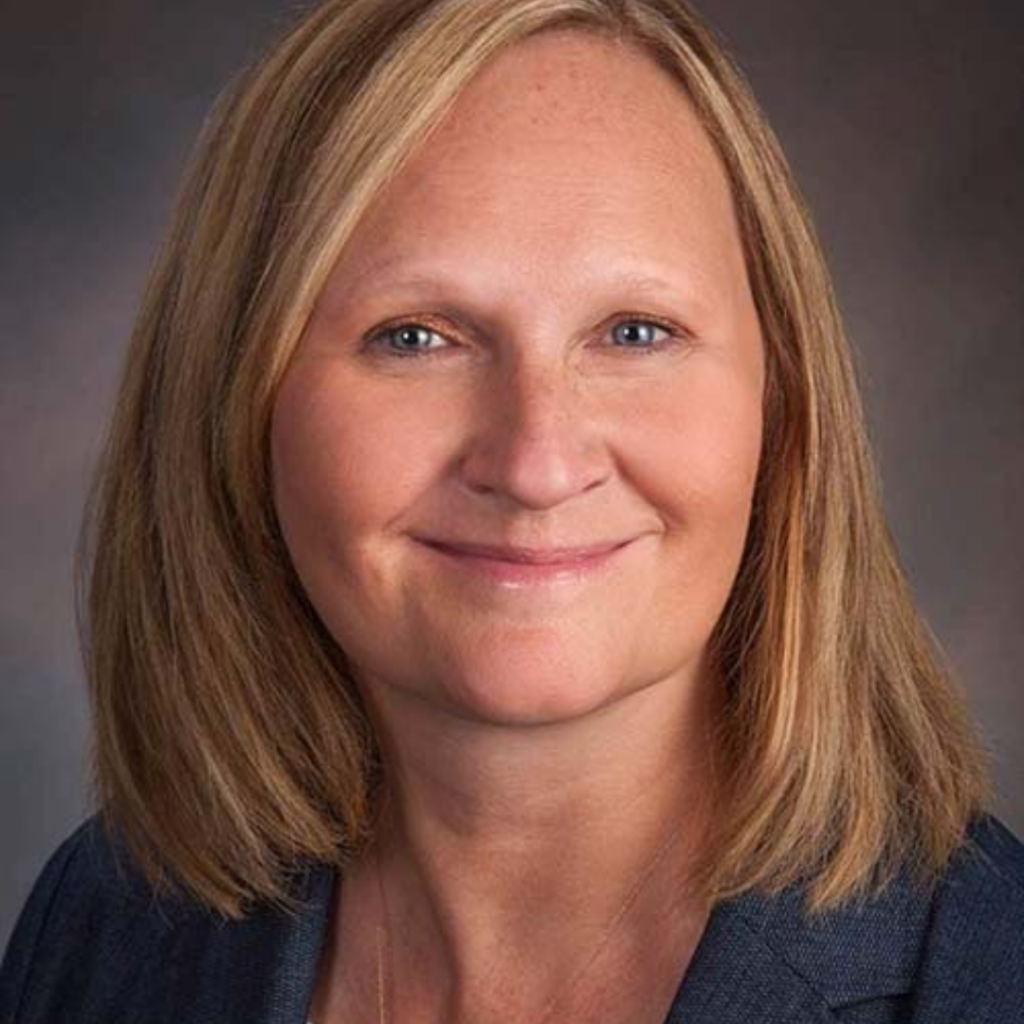February 2024 / Parole /
Part 3: CSRC Q&A with Pretrial, Probation, and Parole Leaders
by CSRC

We asked pretrial, probation, and parole leaders about what led them to a career in community supervision, their hiring and retention practices, how the pandemic affected their agencies, and what they’re excited about for the future of the field.
This is Part 3 of our series with Julie Micek, Former Director, Division of Parole Supervision in the State of Nebraska.
How did you choose the community supervision field as your career path, and what motivates you to continue in this work?
My education, internships, and early jobs launched me into the field of criminal justice. My experience in running group homes and working with youth in the foster care system solidified my passion for advancing opportunities for success for at-risk individuals in the community. Community supervision, in my view, is the lynchpin for how we as a society contribute to reintegrating justice-involved individuals. We just need to find the right balance of services, treatment, and accountability for each individual we serve. When we follow the data and research, we can work to design new programs that meet the needs of our clients. This came to fruition for us in July 2023, when we opened our new Parole Reset Program. This 13-bed home offers our clients treatment and services that assist them in many ways to thrive as they return home. This is what motivates me to continue the work: I believe we are on the brink of a breakthrough every day.
Recruitment and retention have been significant concerns for agency leadership. How have you adapted your hiring and retention practices without compromising the quality of staff?
We are very selective in our recruitment, with rigorous standards and interview questioning. Once hired, we train, train, train, and then train some more. We give our new hires early experience with guardrails through our veteran training team, field-training mentors, and dedicated program directors for each of our regional offices. We encourage all of our staff, whether new or seasoned, to ask questions. We provide booster training regularly. Along with training for the job, we encourage and provide a variety of resources for staff resiliency and self-care. We put a big emphasis on staff taking care of themselves and their colleagues.
What adjustments did you make within your agency during the pandemic that you incorporated permanently into your operations? What were some lessons learned?
During the pandemic, we allowed some interactions with parole clients to be virtual. However, we realized that is not feasible for the entire spectrum of our client population. We have adopted policies to allow for some flexibility when needed, for example, using electronic signatures and virtual meetings when in-person contact is not practical or feasible. We also delivered various behavioral treatment services online during the pandemic and continue to do so today. This allows clients in rural areas to receive services and assists clients who have transportation or other responsivity issues to have the opportunity to engage in treatment. The lesson learned from the pandemic is to be flexible when able while always keeping public safety in mind.
What practice or innovation in community supervision are you most excited about right now?
Currently, I am most excited about Nebraska’s Prison Reset Program (PREP House). We are piloting this program that serves our clients who are at the most risk of being returned to incarceration and offers them an opportunity to be immersed in structure, treatment, and community so that they can see the possibilities at the end of a successful parole term. We strategically plan how to resource and prepare our clients beyond their stay at PREP House and well into their future, beyond community supervision. Clients have the opportunity to attend substance use treatment, trauma and mental health counseling, financial literacy classes with local banks, nutrition classes, and resiliency coaching. Reintegration is the important work of community supervision. This is an individualized process that takes time and strategic planning for each person we work with. I continue to be excited about our work in the area of reintegration and how we assist people in moving beyond the prison walls and rejoining the community.